We are debugging an issue with one of our apps which affects only Huawei devices. To debug it, we purchased P20 Lite ANE-LX1. We've placed some breakpoints in our code and are investigating the full stack trace. The device has Android 8.0 installed, and we have the same SDK downloaded in our Android Studio.
When we attach our device to a debugger and try to investigate the stack trace we get the following errors in system source files:
After playing with the stack trace, we can confirm that indeed our source files do not correspond to what is installed on the device. Sometimes, the debugger points to a line where functionA is called, and in the stack trace, we see that functionB is called instead. The files which we could confirm are affected by this issue are:
VideoView,MediaPlayer,ContentProvider.
We've tried all the possible solutions which we could find, including cleaning the project, deleting any additional SDKs from Android Studio, modifying project settings - nothing helps to resolve this issue.
This leads us to believe that Huawei installs a modified version of Android 8.0 on their devices which is why we cannot debug the stack trace for the system files. We did contact Huawei to try and clarify this.
In the meantime, we'd appreciate if you could throw any relevant ideas at us. Maybe you know where to get the source files which Huawei installs on their devices? Or maybe you know how to fix this mismatch between source code and bytecode in some other way?
Update 1
Following the advice of Robert, I uninstalled the source codes for Android 26 and ran the app again on my Huawei. As soon as I jumped into the VideoView file, I saw the following picture:
I clicked on "Download" and it started downloading the source files:
After this, I was able to step into VideoView and it seemed to work fine. However, after this line it became obvious that these source files are also wrong:
When I try to step into the requestLayout function I get this:
And it is obviously a wrong result. In fact, if I click on "Step to the next line" I see the message about source code mismatch with the bytecode again.




